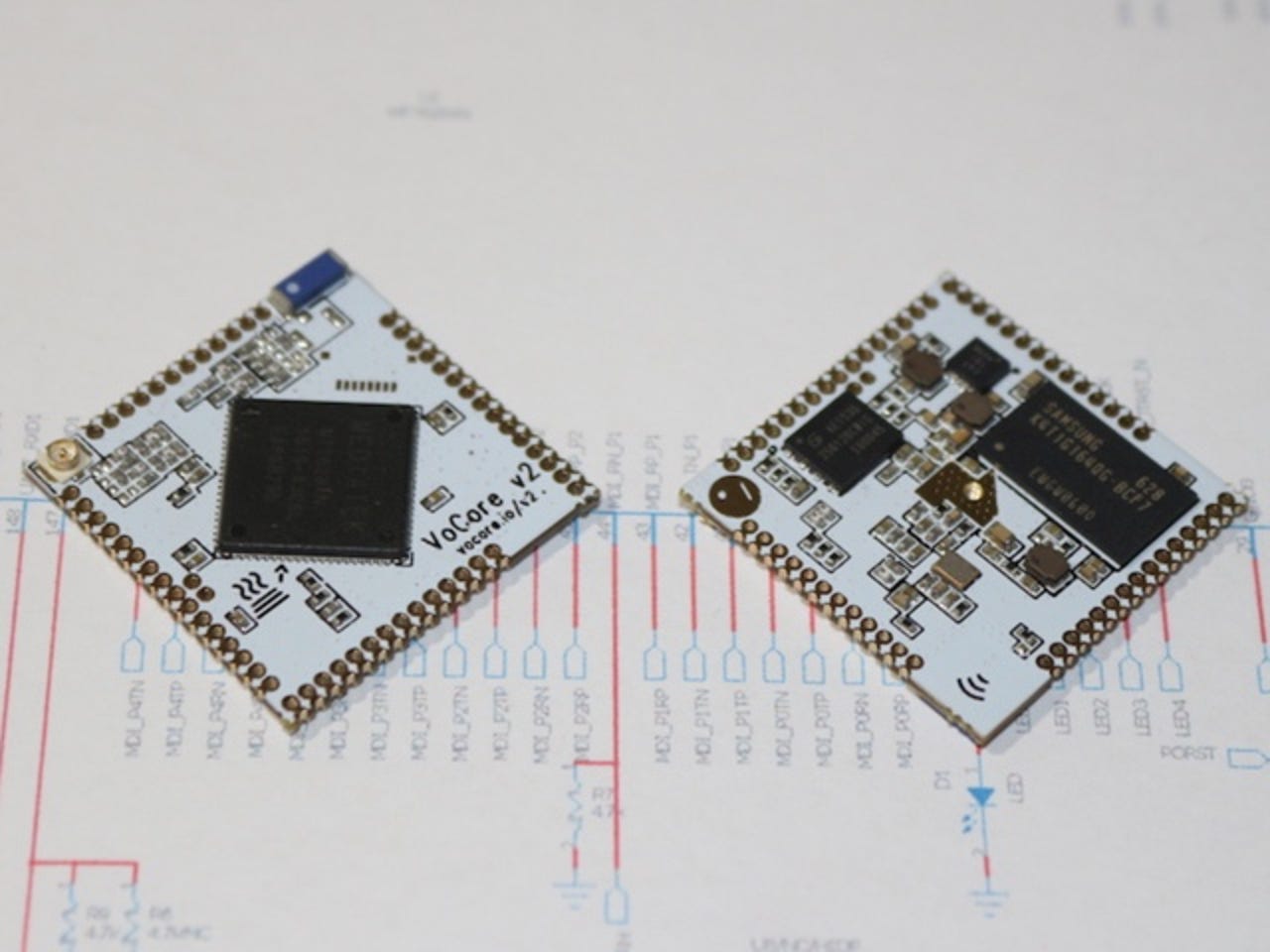Computers that fit in the palm of your hand

Stealth LPC-140G4
4-Gigabit Ethernet Ports in the palm of your hand.
- 4 Gigabit Ethernet LAN/WAN ports
- Ultra Small, Only 4.0″ x 6.1″ x 1.5″ in size
- Powerful Intel Mobile Processors
- 10-26 VDC Operation, Ideal for Mobile/Field
- Up to 2TB Internal Storage
- SSD (Solid State Drive) Optional
- Built-in GB LAN, USB 3.0/2.0, Audio, Serial, Video
- Low Profile Rugged Aluminium Chassis
- Panel/Wall Mount Brackets Included
- Windows 7, 10 Compatible, with other operating system options available
Prices starting from: $1,190.
Tiny Green PC
Tiny Green PC offer a range of mini PCs to suit all budgets and performance requirements.
At the top-end is the Tiny Green PC Intense PC2, which is powered by an Intel i7 7th-gen Kaby Lake processor, and comes with the following system requirements:
- Processor: Intel Core i7-7500U
- Select Memory: Up to 32GB
- Hard Disk/Solid State Drive: Up to 1 TB SSD
- Operating System: Windows 10 Pro 64 bit, with Linux options
The starting price for this system is a cool €909.09.

VoCore2
A coin-sized Linux computer that is totally open-source, and costs $20. This is a small, low-cost, totally open-source (both the hardware and software) computer that's ideal for projects such as IoT or building your own custom router.
- CPU: MT7628AN, 580 MHz, MIPS 24K
- 128MB of RAM
- 16MB of flash memory
- Ready equipped with pinouts for sound, USB 2.0, Ethernet, and Wi-Fi
Acer Revo Build
Like tiny computers, but hate the fact that there's no way to upgrade them? The Acer Revo Build might be the system for you. You add to this system by snapping on new parts, such as the optional storage or graphics modules.
With a starting price of $249 you get:
- 1.6GHz dual-core Intel Celeron N3050 processor
- 2GB DDR3L RAM (configurable up to 8GB)
- 32GB storage
- Windows 10
- Comes with Keyboard and mouse
C.H.I.P.
At $9, C.H.I.P. is a perfect demonstration of how cheap computing has become. You get what would only a few years ago have been desktop power on a tiny board.
- 1.0GHz CPU
- 512MB of RAM
- 4GB of storage
- Built-in Wi-Fi and Bluetooth
Lenovo IdeaCentre Stick 300
A Windows 10 computer that can fit into your pocket. All you need is display that has an HDMI port and some wireless peripherals and you're ready to go!
Priced at around $99.
- 1.33GHz CPU
- 2 GB of DDR3 1600 RAM
- 32 GB of SSD flash storage
- Intel HD Graphics 5500
- Windows 10
Raspberry Pi Zero W
This is essentially a Raspberry Pi Zero, but with wireless support built in. At $10, it's a bit dearer than a plain $5 Zero, but if you need on-board Wi-Fi and Bluetooth then this is a great solution.
Huawei HiKey 960
The Huawei HiKey 960 is essentially a PC running Android.
At a whopping $239 it's not cheap, but it certainly has the horsepower to handle whatever task you want to throw at it.
- Kirin 960 SoC Quad Core ARM (4 x 2.3GHz ARM A73 cores, and 4 x 1.8GHz ARM A53 cores)
- ARM Mali G71 MP8 GPU
- 3GB LPDDR4 RAM
- 32GB of UFS flash storage
Asus Chromebox
If you want to take Google's Chrome OS for a whirl, then why not pick up a palm-sized Chromebox, such as this Asus Chromebox. Starting at around $150, these represent excellent value for money.
- Intel Core i7-4600U Processor or Intel Core i3-4010U Processor or Intel Celeron 2955U Processor
- Intel HD Graphics 4000/4400
- Up to 4GB of RAM
- 16GB of storage
- 2xUSB 3.0, HDMI, RJ45
- SD card slot
- Chrome OS
Raspberry Pi Zero
The Raspberry Pi gets even smaller, in both size and price. At only $5, this is almost a disposable computer, and yet is has enough power to handle many IoT or homebrew projects.
Despite the size, there's room for a microSD card slot, mini HDMI port, and micro USB data port.
- 1GHz single-core ARM1176JZF-S CPU
- 512MB of RAM
- 0.8-watt power consumption
Raspberry Pi 3 Model B
A credit-card sized computer that is becoming a big hitter in the IoT and educational space. And given that it's priced at only $35, it's easy to see why it's so popular.
The latest version is the Raspberry Pi 3 model B and features the following spec:
- 1.2GHz quad-core ARM Cortex A53
- 1GB of RAM
- Broadcom VideoCore IV graphics
- 4-watt power consumption
Parallella
The Parallella computer is a high performance, credit card sized computer based on the Epiphany multi-core chips from Adapteva. Starting at $99, the Parallella can be used as a standalone computer, an embedded device or as a component in a scaled out parallel server cluster.
- 16-core Epiphany RISC SOC
- Zynq SOC (FPGA + ARM A9)
- Gigabit Ethernet
- 1GB SDRAM
- Micro-SD storage
- Up to 48 GPIO pins
- HDMI, USB (optional)
Arduino INDUSTRIAL 101
A $40 Arduino that's idea for integration into a commercial or industrial product.
- Atheros AR9331 processor
- 64MB of RAM
- 16MB of flash storage
- USB 2.0
MintBox Mini
For those of you looking for a small Linux system, the MintBox Mini might be just what you are looking for. At $295 it's not cheap, but you do get quite a decent spec:
- AMD A4 Micro-6400T SoC featuring Radeon R3 graphics
- 8GB of RAM
- 64GB storage
- Linux Mint
NanoPC-T3
The NanoPC-T3 is the bigger brother of the NanoPi 2 Fire, and features an octa-core processor which has enough power for commercial and industrial applications.
- Samsung S5P6818 octa-core ARM Cortex-A53 up to 1.4GHz
- 1-2GB of RAM
- 8GB of flash storage
- Gigabit Ethernet
- USB 2.0